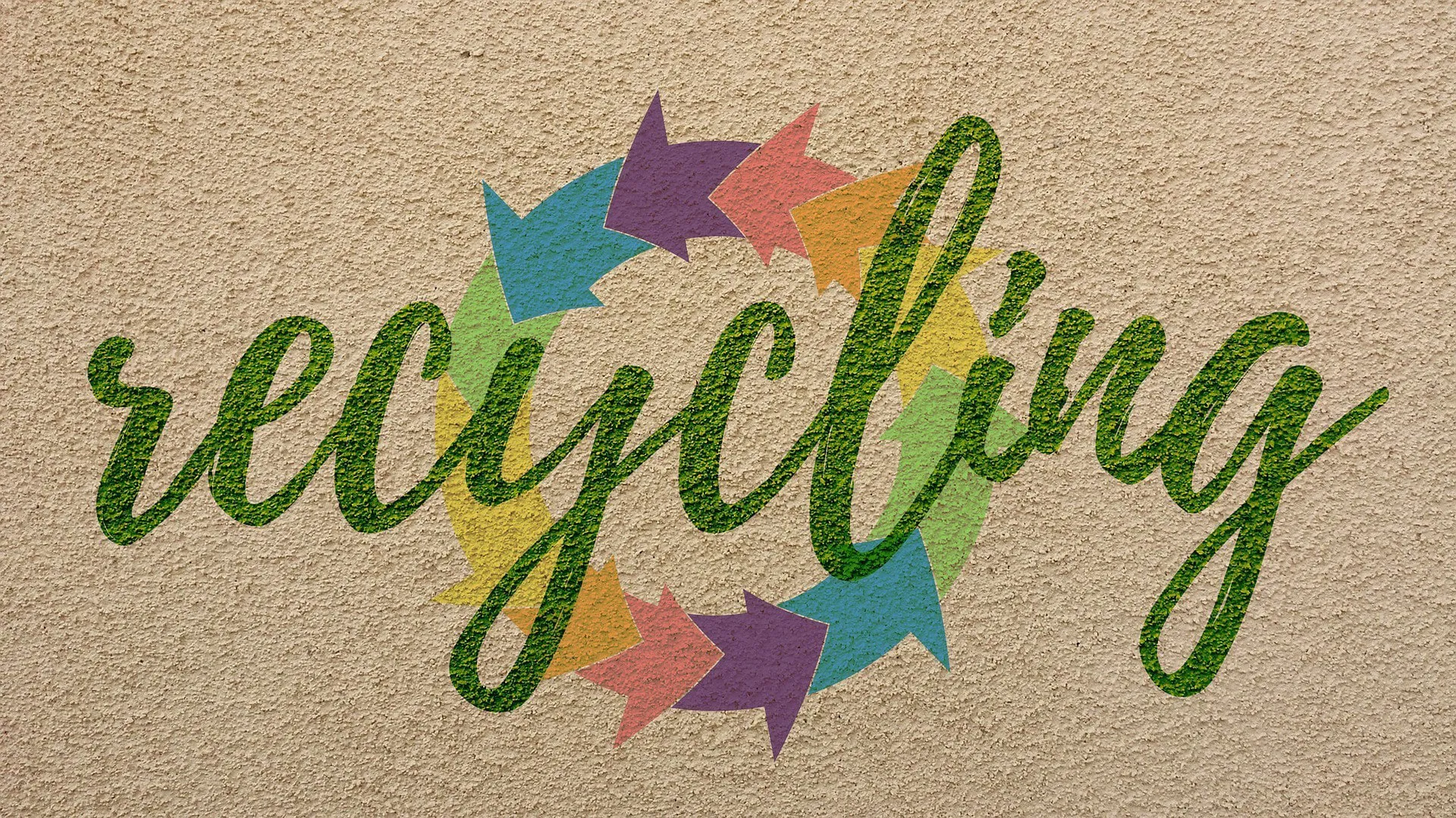It’s Recycle Week! And with it comes the good news that London household recycling rates are up 62% year on year. The not so good news, however, is that recycling contamination rates are also on the rise.
So why are we so far away from achieving zero waste recycling?
Because we’re putting more of the wrong stuff in our recycling bins…
What’s so bad about contamination?
Depending on the amount of contamination, it could render a whole bag of perfectly good recycling ‘un-recyclable’. For example, if food waste were to be put in a mixed recycling bag which should contain items such as paper, plastic bottles and card, the food could ruin the whole batch of recycling. Thus meaning it will likely end up in landfill or incineration.
Another example is compostable packaging such as compostable coffee cups. They’re not made of paper & plastic as regular coffee cups, but also don’t break down with food (different from popular belief). Compostable packaging needs a specialist industrial composting facility, so it’s important to dispose of them in a separate, compostables-only bin. We have recently published an article that explains this process in detail and also highlights the difference between compostables and biodegradables – it’s worth a read! ;)
How to clean up your recycling at home
Making sure the right stuff goes in the correct bin is key to eliminating contamination. Here are our top five recycling tips to help you become a recycling pro:
- Separate your greasy pizza box
If the base of the box has pizza grease, chuck that part in the bin and save the clean lid for your mixed recycling.
- Flexible plastic / film cannot be recycled at home
Take those packaged strawberries for example… the plastic tray can be popped into your mixed recycling, but the bubble wrap and plastic film cover need to go into general waste. The same goes for that tub of hummus – the plastic pot goes into the mixed recycling whilst the film goes into general waste.
Dedicated commercial services can recycle plastic bags, film and other flexible plastics, but unfortunately, this option isn't offered for households yet. However, First Mile's Flexible Plastics Recycling can find a solution for consumers who want to recycle flexi plastics.
- Compostable packaging needs special treatment
Items such as compostable coffee cups, food trays and bags must be disposed of correctly in specialist recycling facilities. Contrary to popular belief, these items can cause havoc when put in a mixed recycling, food bin or general waste. If you’re a household, look for specialist bins.
- Coffee cups cannot be recycled at home
They have a plastic lining which means they can’t be recycled like paper or card. So if at home, pop them in your general waste or ask your local coffee shop to recycle it for you. If your company happen to have a coffee cup recycling provider, you can dispose of them correctly at work!
- Tissues, kitchen roll and napkins are not recyclable
Never put them in a mixed recycling bin!
In summary, if you’re unsure about whether something is recyclable or not, better to pop it into your general waste so that you don’t contaminate a whole bag of recycling. The big problem is that many people do just the opposite.
Though the statistics revealed this week focus on household recycling and contamination rates, businesses also suffer from contamination which can have a detrimental effect on recycling rates.
What can businesses do to reduce contamination and improve recycling rates?
Sustainability is a major concern for any business today, so it's important to make sure your company is doing all it can to work towards zero waste recycling. Here are some ideas to help your business to be more green:
- Book a waste audit
As a First Mile customer, you can opt for a Waste Audit to analyse any contamination in order to be better informed.
- Improve signage for your bins
Visual information strategically placed really helps your team to know where to put what. You can download recycling posters for your workplace bins directly on our website for free.
- Add a new stream
For example, if you have a lot of compostable cups that would usually end up in general waste, it might be time to think about adding compostable packaging collection to your recycling services. Or, if you have a lot of coffee drinkers in the office, why not start recycling your coffee grounds? Segregating waste is the ultimate step for great recycling rates!



